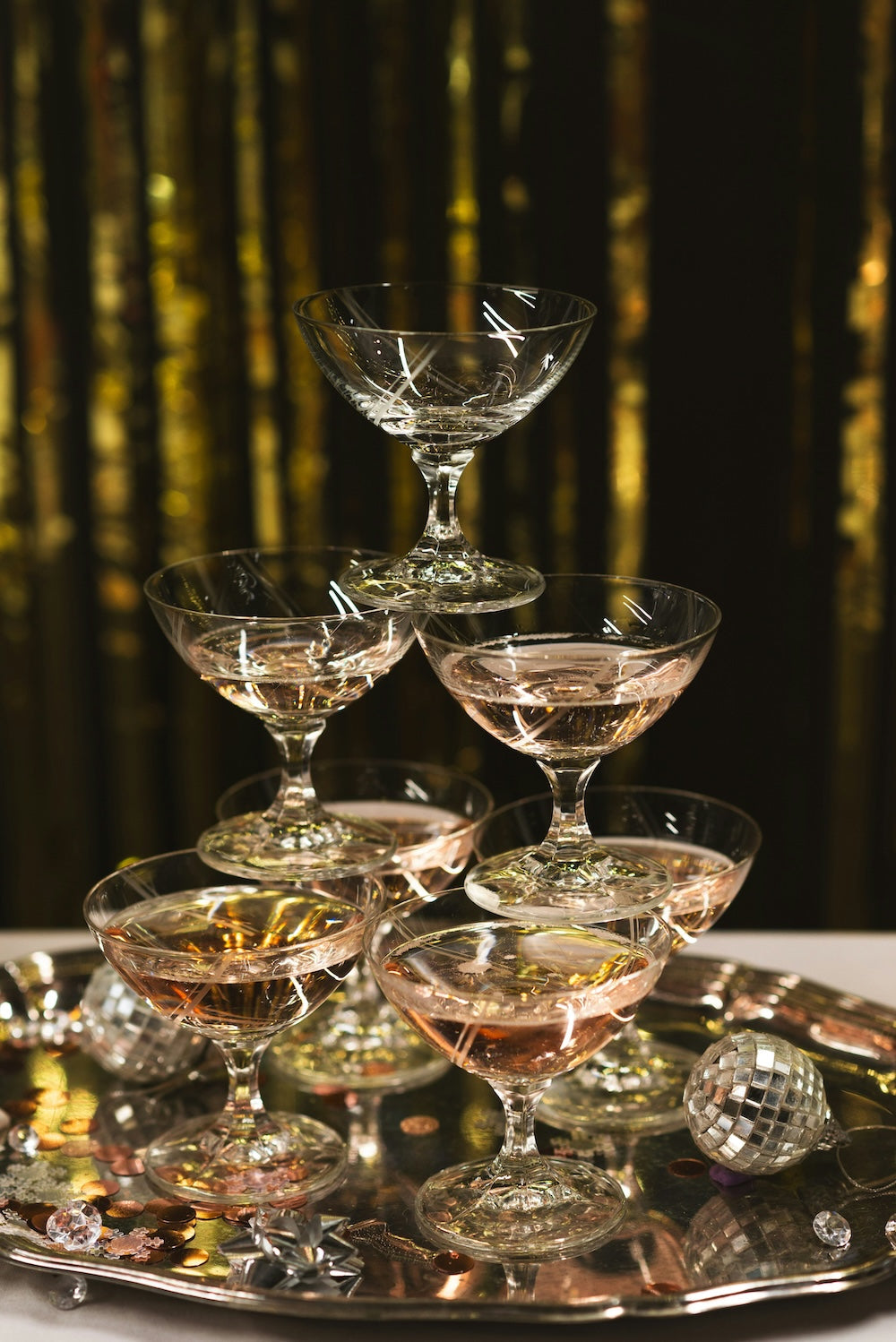queer books.

Books to help you learn more about your sexuality.
It can be hard to get to the “truth” of your sexuality, especially when it is context-driven, or changes and evolves over time. Reading can be a way to work out where our desires lie. Love stories, sexual encounters, and fleeting romances spill off the page into our personal lives as we consume them; reflecting our own identities back at us. With this in mind, we've compiled five important books about sexuality by queer writers. While acting as a glimpse into the life of someone else, these powerful stories act as a tool for both discovery and validation.
Queer Sex, Juno Roche
Queer Sex author Juno Roche is a trans writer from the UK whose book provides “A Trans and Non-Binary Guide to Intimacy, Pleasure, and Relationships”. Roche’s book is based on their own experience exploring sexuality post-medical transition and on interviews with other queer people. It does not squirm away from the difficult-to-have conversations about sex outside of the binary and considers new, less gendered ways of being intimate. What are the possibilities for sex when you take away the idea of “male” and “female” or “top” and bottom”? Clue: they’re pretty expansive.
Rainbow Milk, Paul Mendez
Rainbow Milk is the debut novel by the queer black writer Paul Mendez. Published in April, it is being heralded as a great modern queer love story. As one review (by 2019 Booker Prize winner Bernardine Evaristo, no less) reads: “When did you last read a novel about a young, black, gay, Jehovah's Witness man from Wolverhampton who flees his community to make his way in London as a prostitute?” The storyline, which starts in the 1950s and flashes forward to the turn of the century, reflects Mendez’s desire to write for working-class Brits while shedding light on issues of race, class, and gender.
Sister Outsider, Audre Lorde
An under-read and prescient Audre Lorde essay, The Erotic As Power talks about how women’s sexuality is suppressed as a structural tool of oppression. “The erotic is not a question only of what we do; it is a question of how acutely and fully we can feel in the doing,” writes Lorde. This manifesto for female empowerment, satisfaction-seeking, and self-expression feels as relevant today as it did in 1978. The essay appears in Sister Outsider, the essential collection of 15 of Lorde’s essays and speeches, in which she explores sexism, racism, classism, ageism, and heteronormativity – and crucially, long before we had the word “intersectionality”–how they coexist.
Faggots, Larry Kramer
The founder of the AIDS activist group ACT UP, Kramer wrote about his experiences as a gay man and LGBTQ+ politics over a period of five decades. Faggots is a controversial portrait of the lives of gay men in Fire Island before the virus struck. An interesting counterpoint is David Wojnarowic’z book Close To The Knives, a memoir of gay cruising, a political manifesto, and a tribute to Wojnarowicz’ final days before he died of AIDS-related illness.
Word is Out: Stories of Some of Our Lives, Peter Adair
Taking nearly five years to make, with over 200 interviews, the film and book served as an early example documenting conversations of queerness. The transcript is pulled from the 1977 documentary film of the same name, this pioneering piece produced by Peter Adair highlights the lives of 26 LGBTQ individuals in the 1970s. Revered for its remaining impact today, Word is Out removed a veil from a highly discriminated and silenced community and amplified voices to inspire younger generations.
Amelia Abraham is the author of Queer Intentions, a first-person report on contemporary LGBTQ+ rights in the West. The lesbian author and journalist travels from the UK’s first-ever same-sex wedding to DragCon in LA, across Pride events in Europe to the Anti-Violence Project in New York and Turkey’s underground queer clubs--meeting and interviewing over 30 queer people who identify across the spectrum of gender and sexuality.

